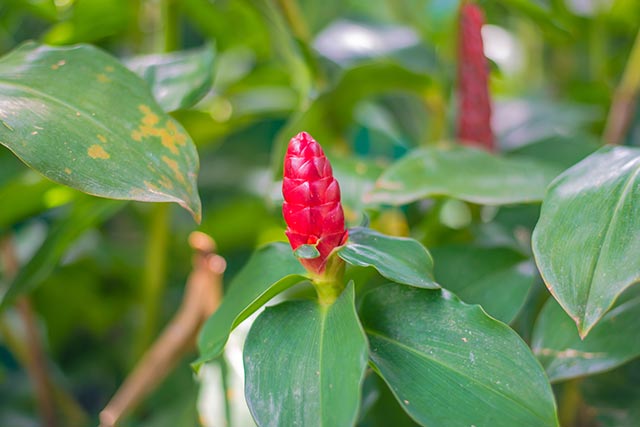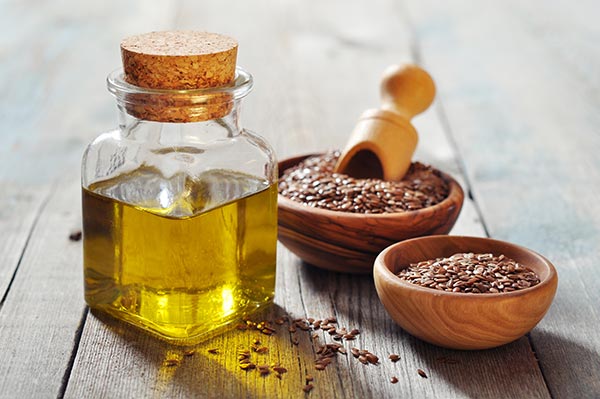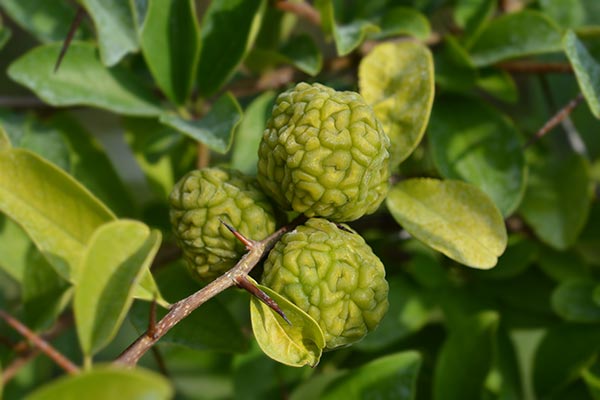Investigating the anti-tumor effect of elemene on pancreatic cancer cell lines
02/18/2020 / By Evangelyn Rodriguez

In this study, researchers from The First Hospital of China Medical University evaluated the anti-tumor effect and mechanism of action of elemene on pancreatic carcinoma in vitro and in vivo. Their results were published in the journal BMC Complementary and Alternative Medicine.
- Elemene is an anti-cancer compound found in plants that belong to the Zingiberaceae (ginger) family.
- Using the MTT method, the researchers evaluated the anti-proliferation ability of elemene.
- They used flow cytometry to assess its effects on the cell cycle after 12 hours of treatment.
- The researchers transplanted BxPC-3 pancreatic cancer cells subcutaneously into 48 nude mice and divided the animals into four groups, namely, control, high dosage, medium dosage and low dosage treatment groups.
- They used immunoblotting and immunohistochemical methods to detect the expression of P53 and Bcl-2 in the transplanted tumors.
- H and E staining allowed them to detect histopathological changes in each group.
- Elemene inhibited the proliferation of BxPC-3 and Panc-1 cells in vitro in a dose-dependent manner.
- It also induced cell cycle arrest in the S phase after 12 hours of treatment.
- In vivo, elemene significantly reduced tumor size in the high dosage group without causing significant changes in the animals’ body weights.
- Histopathological examination showed that elemene significantly decreased the number of inflammatory cells and reduced histopathological changes in a dose-dependent manner.
- Elemene also significantly up-regulated the expression of P53 while down-regulating the expression of Bcl-2 in the tumors.
Based on these findings, the researchers concluded that elemene from Zingiberaceae plants is an effective anti-tumor agent against pancreatic cancer.
Read the full study at this link.
Journal Reference:
Long J, Liu Z, Hui L. ANTI-TUMOR EFFECT AND MECHANISTIC STUDY OF ELEMENE ON PANCREATIC CARCINOMA. BMC Complementary and Alternative Medicine. 18 June 2019;19(1). DOI: 10.1186/s12906-019-2544-2
Tagged Under: alternative medicine, anti-tumor, cancer cures, elemene, herbal medicine, natural cures, natural medicine, pancreatic cancer, phytonutrients, research
RECENT NEWS & ARTICLES
COPYRIGHT © 2017 NATURAL MEDICINE NEWS



















